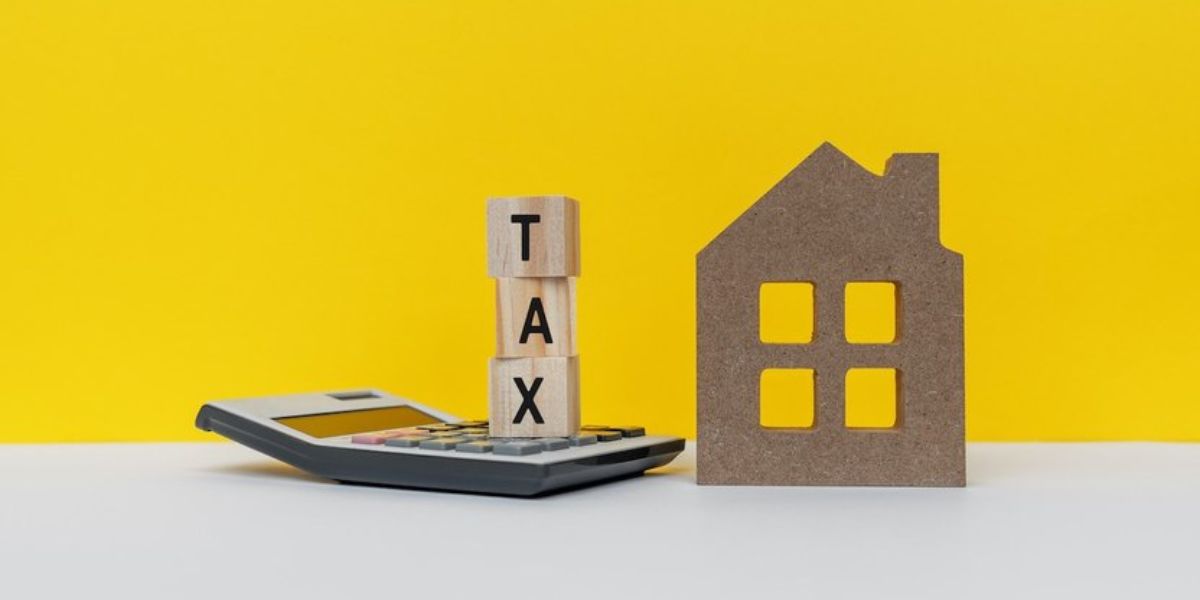California homeowners are facing a growing concern as property taxes continue to rise across the state. With a combination of local tax increases, rising home values, and the implementation of new fiscal policies, property taxes are becoming an increasingly important issue for homeowners, prospective buyers, and renters alike.
But what exactly is driving these higher property taxes, and how will they affect you? Here’s what you need to know.
What’s Behind the Increase in Property Taxes?
The increase in property taxes in California can be attributed to several factors, including rising home values, changes in local tax policies, and the state’s fiscal needs.
1. Rising Property Values
One of the most significant factors contributing to higher property taxes in California is the dramatic increase in home values over the past few years. As the housing market has surged, especially in cities like San Francisco, Los Angeles, and San Diego, property assessments have also gone up. California’s property tax system is based on the assessed value of the property, so when home values rise, so do property taxes.
According to Proposition 13, passed in 1978, property taxes in California are capped at 1% of the assessed value of the home, plus any voter-approved local taxes. However, if the value of a home increases due to market conditions or improvements made to the property, that higher value becomes the basis for property tax calculations. For homeowners, this means that while their tax rate remains the same, the amount they pay in property taxes can increase significantly when home values soar.
2. New Local Tax Measures

In addition to the state’s base property tax rate, local governments and municipalities in California often propose additional taxes to fund infrastructure, schools, and public services. These local tax increases can be passed through voter-approved measures. Over the past few years, local jurisdictions have frequently raised taxes to fund critical services such as public safety, transportation projects, and education initiatives.
These local taxes, which are often applied on top of the standard 1% property tax, can further increase the amount homeowners are required to pay. While many of these taxes are essential for community development, they can put additional strain on property owners, especially those in areas with high home values.
3. Inflation and Cost of Living
Go Speedly Now! 5 Best Tax-Free Cities in California for Financial Freedom
Inflation is another factor that contributes to higher property taxes in California. As the cost of living increases, so does the need for funding various public services. While Proposition 13 limits how much the assessed value of a property can increase annually (to a maximum of 2%), this cap doesn’t always keep up with inflation, meaning property taxes may still rise significantly over time, particularly if home values are appreciating faster than the 2% annual limit.
How will higher property taxes affect homeowners?
Higher property taxes will have varying impacts depending on your situation as a homeowner. Here’s how these tax increases could affect different groups:
1. Long-Term Homeowners
For homeowners who have owned their property for years, the effect of rising property taxes may not be as severe, particularly if their home’s assessed value is still relatively low compared to current market values. However, many long-term homeowners could see a rise in their property tax bills due to new local tax measures and improvements made to their property. If you’ve made substantial upgrades or renovations to your home, these could trigger an increase in the property assessment, leading to higher taxes.
In some cases, long-term homeowners may be eligible for property tax exemptions or reductions, such as the California Senior Citizens Property Tax Assistance Program. Seniors and others may want to explore these programs to help manage the impact of rising property taxes.
2. New Homebuyers
For those looking to buy a home in California, rising property taxes are a significant concern. As the market value of homes increases, so does the amount new buyers will pay in property taxes. Even with the 1% cap set by Proposition 13, new buyers will face higher property taxes than those who bought homes a few years ago, especially in markets where home prices have appreciated rapidly.
First-time homebuyers, in particular, may find it harder to manage the added costs associated with higher property taxes. With rising home prices and increased tax rates, affordability is becoming an even greater issue for those entering the housing market.
3. Renters
Though renters do not directly pay property taxes, rising property taxes can indirectly affect them. Landlords often pass on the cost of higher property taxes to tenants through increased rent. As property taxes rise, rental rates may also increase, which can make it more difficult for renters to find affordable housing. This can be particularly challenging in California’s tight rental market, where the cost of living is already high.
Additionally, higher property taxes can lead to increased costs for property owners, especially those with multiple rental units. In some cases, landlords may choose to sell their properties, which could further tighten the rental market and drive rents even higher.
What Can Homeowners Do About Rising Property Taxes?
While property taxes in California are largely determined by state law and local ordinances, there are a few steps homeowners can take to manage or potentially reduce their property tax burden:
- Challenge Your Property Tax Assessment: If you believe your property has been over-assessed, you can appeal your property tax assessment. This involves presenting evidence to your local assessor’s office or board of equalization showing that your home’s value has been incorrectly assessed. If successful, you could see a reduction in your property tax bill.
- Take Advantage of Exemptions: California offers various exemptions and programs that can reduce property tax burdens, particularly for seniors, veterans, and low-income residents. The California Property Tax Welfare Exemption and the Senior Citizens Property Tax Assistance Program are two examples of programs that may help offset higher property taxes.
- Consider Property Tax Deferrals: California offers a property tax deferral program for qualifying seniors and disabled persons, allowing them to delay their property tax payments until they sell their property or pass away.
- Monitor Local Tax Measures: Stay informed about local tax proposals that could impact your property taxes. Attend local government meetings or sign up for updates from your municipality to ensure you are aware of any new measures that could affect your tax bill.
Conclusion
With rising property values, increasing local tax measures, and inflation, California homeowners are seeing higher property taxes. Whether you’re a long-term homeowner, a new buyer, or a renter, these increases are something to watch.
While they can put additional financial strain on residents, there are ways to manage the impact, including challenging assessments, exploring tax exemptions, and staying informed about local measures. By staying proactive, homeowners can better navigate the changes and continue to thrive despite the rising tax burden.




